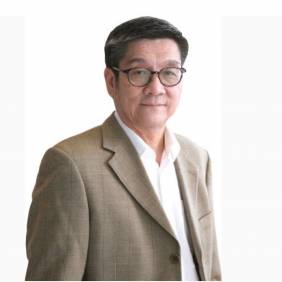
Author: Koh King Kee
Democracy is the common pursuit of mankind. It is a core value of the United Nations. However, due to diverse socio-economic, cultural and historical backgrounds, democracy takes different forms in different countries. There is no one-size-fits-all model of democracy in the world.
UN Resolution 62/7 on promoting and consolidating democracy stated that, “while there are share common features, there is no single model of democracy and that democracy does not belong to any country or region.”
Democracy is a way of governing that depends on the will of the people. The opening words of the UN Charter, “We the Peoples”, reflect the fundamental principle of democracy – that the will of the people is the source of legitimacy of sovereign states.
Democracy must be people-centered. The word democracy comes from the Greek words: “demos”, meaning people, and “kratos” meaning power. Therefore, democracy can be thought of as “power of the people”.
Nevertheless, the world has long been indoctrinated by the West that “one person, one vote” is the inalienable feature of democracy and that periodic election of a representative government is the sole criterion of democracy.
-
Xi urges teachers to contribute more to realizing national rejuvenation
Xi urges teachers to contribute more to realizing national rejuvenation
-
Chinese premier calls for advancing economic globalization, unity within G20
Chinese premier calls for advancing economic globalization, unity within G20
-
China's opening-up, improved business environment garner foreign investors' confidence
China's opening-up, improved business environment garner foreign investors' confidence
-
Russian-Chinese forum "Rostki" boosts practical cooperation
Russian-Chinese forum "Rostki" boosts practical cooperation